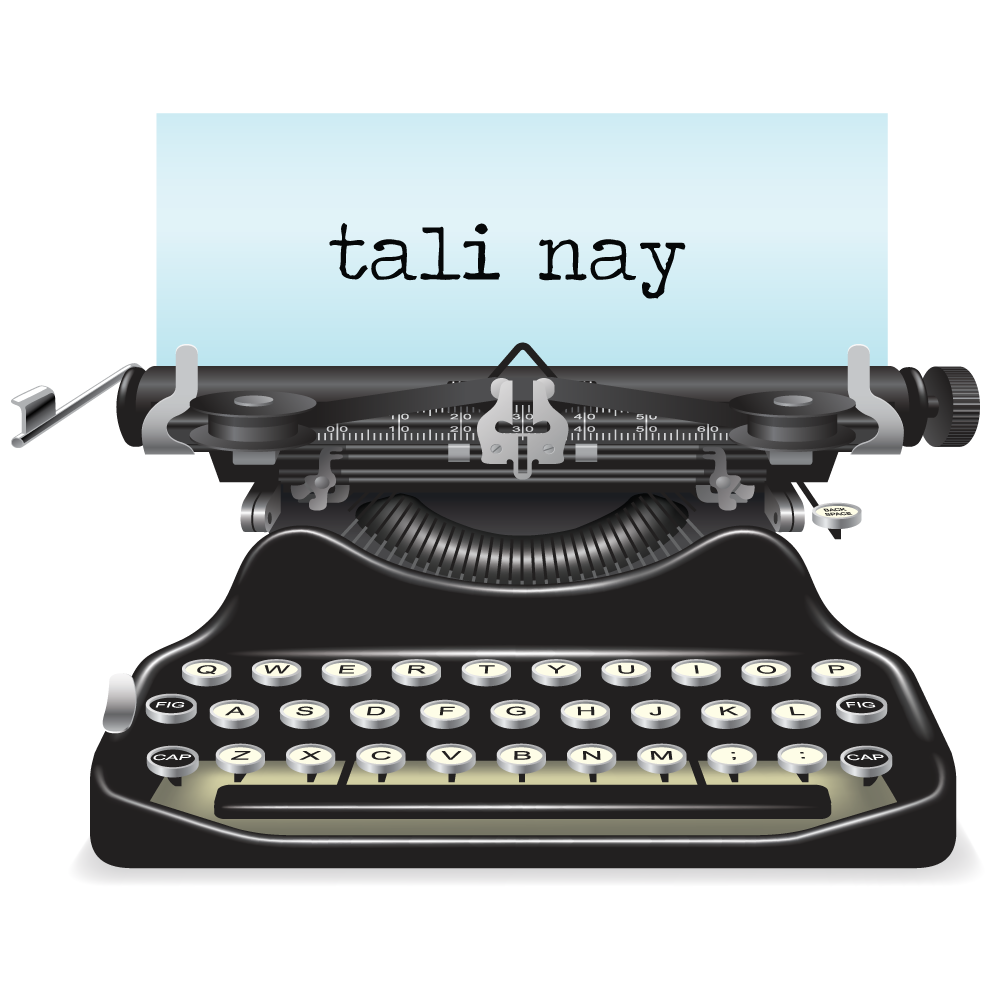On Writing about your Love Life
There are some benefits to writing a book about your love life. Off the top of my head, I can’t really think of any, but don’t let that deter you if you’re considering the same. The good news is that you’re likely not in touch with any of your exes, so they won’t even know you’ve written a book. Again, let me reiterate: THIS IS VERY GOOD NEWS. If, however, you ARE in touch with any of your exes (“in touch” means connected via social media, naturally), they might see you’ve written a book, but they’ll have no idea they’re in it, which means their comments like “You’re the real deal, Tali!” will trigger equal parts mischievous delight at your own stealth and acute horror at how close they’ve come to figuring it out.
Inevitably there’s One Ex to whom you’re still fairly connected. Let’s say, hypothetically, that this One Ex is whom the bulk of the book is about and it ends with him breaking your heart in epic fashion. Hypothetically. If you have such an ex, trust me: he won’t read it. THIS IS ALSO VERY GOOD NEWS.
Then there is the matter of future men you may date. Not that admitting in your book that you go to church and wish alcohol didn’t exist will leave you a particularly large number of interested suitors, but the point is, if they do read your book, they’ll know your game. They’ll know how you approach a relationship. They may know better how to woo you, but they’ll also know when you’re on your way out. They’ll be able to read the signs, because they literally already have. It’s an interesting situation, honestly, and in recent weeks I’ve had a potential suitor who wanted to discuss my first-chapter theory that most of the time you make up your mind about romantic compatibility right away, another who admitted the book made him think about how he would approach dating me if it ever got to that point, and yet another who told me he sides with my One Ex (the #1 way to not get lucky, by the way).
And we can’t forget the family contingent, because if there’s anyone who’s going to lose their mind reading about your romantic exploits, it’s your mother. And father. And possibly everyone else related to you. Not that your family was ever intended as your target audience, but you’ve got to give it to them, this right to be traumatized and to describe the book using charming descriptors like “painful to read.” But it’s OK, because you know they love you. You know they are proud of you. You know mostly they are just glad you’re no longer mixed up with the sumbitch you dated more than a decade ago. MORE VERY GOOD NEWS.
So, see, it’s not all bad. Sure, your family hates it and your exes avoid it and your future dating life is entirely in jeopardy, but it will all be worth it when a woman approaches you on behalf of her daughter who’s just gone through a rough breakup. You’ll sign a book for her, for her daughter too, and for just that moment, the two of you will be connected in a way that has you both clasping your hearts. It will all be worth it when a young man tells you, in tears, that he’s just finished the book and is so impressed by how accurately you’re able to describe “what this feels like.” Because these things will happen to you. They’ll happen to you a lot. And they’ll remind you why you write in the first place; why it’s so important to remind people of the simple truth that we are all the same.

